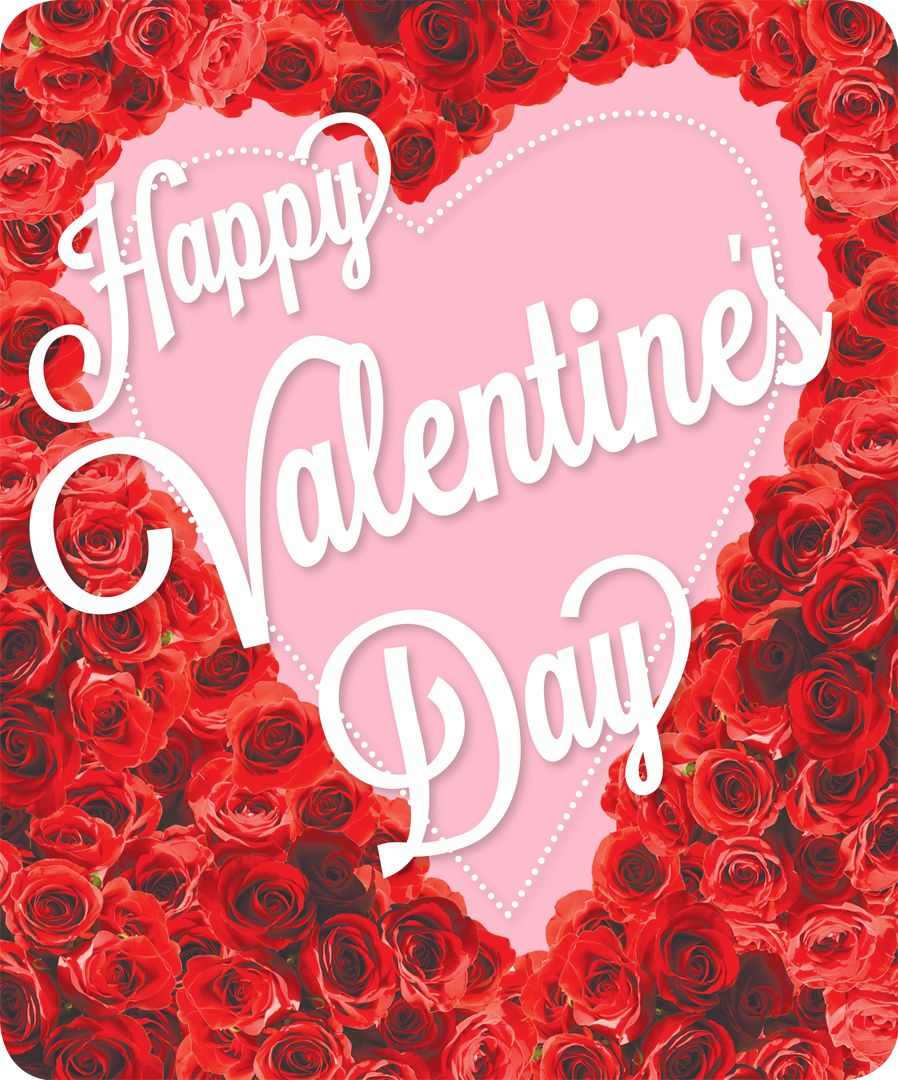Love can take several forms, but regardless of what form love takes, it all starts in our noggin.
Anne Soltysiak, professor at Sinclair Community College, explains how love affects the brain.
“Ironically, being in romantic love is a lot like being stressed out and addicted to drugs,” she said.
Love causes the brain to feel as if it is under stress, and she said it’s due to the neurological pathways that are involved.
“I think anyone who has fallen madly in love can relate to the stress that it causes,” she said. “It dominates your thought patterns and it makes you feel very nervous. You have all of the classic stress symptoms like elevated heart rate, blood pressure, muscle tenseness, pupil dilation — all of the sympathetic arousal that goes with fight or flight.”
Being in love lights up pathways in the brain that lead to the release of the stress hormones adrenaline, cortisol and norepinephrine, which is responsible for some of the sympathetic arousal symptoms, such as increased heart rate, according to Soltysiak.
“All those things happen because we’re in a highly aroused state, and to some degree arousal is fairly similar, no matter what is causing it. But love doesn’t subjectively feel like being chased by a pit bull — at least it shouldn’t,” she said. “The reason love feels differently is because of what other pathways are being lit up. Instead of the fear pathways coming out of your amygdales, you have more left brain activity, like an attraction kind of stimulation in the brain.”
She said additional neurochemistry involved with being in love includes the release of oxytocin and dopamine.
“You also have additional neurochemistry that gets activated, and one of the most important of these is oxytocin; it’s a very important hormone in all mammals, because it relates to childbirth … it’s an important hormone for stimulating lactation, it’s an important hormone in both mother and infant for stimulating bonding types of emotional states and behaviors,” she said. “It’s also important in romantic love, because it’s part of the orgasm response and it is also released when you’re feeling that attraction, and it tends to make you feel more comfortable, more trusting, like being close and cuddling, it leads to that sense of ‘I want to cuddle’ kind of thing. It’s a very pro-social hormone, we have mild amounts of that when we have a good social contact with someone, but it’s pretty intense when it’s romantic.”
Dopamine is a chemical in the brain that gives us the feeling of being rewarded.
“Dopamine is a reward chemical in the brain. It works through the median forebrain bundle, which is part of the brain that’s lit up whenever we’re doing something that’s very pleasurable,” she said. “Dopamine is like a pleasure/reward brain chemical, and that of course makes us crave more of whatever is causing that release. That craving, when it’s expressed for say, crack cocaine or something, means that anything that reminds you of doing the drug will bring forth the craving and make you seek the drug. When it comes to romantic love, anything that reminds you of the object of your affection also can light up those craving pathways and cause you to seek out that person.”
If you’re sick enough to need medicine, do everyone and yourself a favor: stay home
“You also have additional neurochemistry that gets activated, and one of the most important of these is oxytocin; it’s a very important hormone in all mammals, because it relates to childbirth … it’s an important hormone for stimulating lactation, it’s an important hormone in both mother and infant for stimulating bonding types of emotional states and behaviors,” she said. “It’s also important in romantic love, because it’s part of the orgasm response and it is also released when you’re feeling that attraction, and it tends to make you feel more comfortable, more trusting, like being close and cuddling, it leads to that sense of ‘I want to cuddle’ kind of thing. It’s a very pro-social hormone, we have mild amounts of that when we have a good social contact with someone, but it’s pretty intense when it’s romantic.”
Dopamine is a chemical in the brain that gives us the feeling of being rewarded.
“Dopamine is a reward chemical in the brain. It works through the median forebrain bundle, which is part of the brain that’s lit up whenever we’re doing something that’s very pleasurable,” she said. “Dopamine is like a pleasure/reward brain chemical, and that of course makes us crave more of whatever is causing that release. That craving, when it’s expressed for say, crack cocaine or something, means that anything that reminds you of doing the drug will bring forth the craving and make you seek the drug. When it comes to romantic love, anything that reminds you of the object of your affection also can light up those craving pathways and cause you to seek out that person.”

